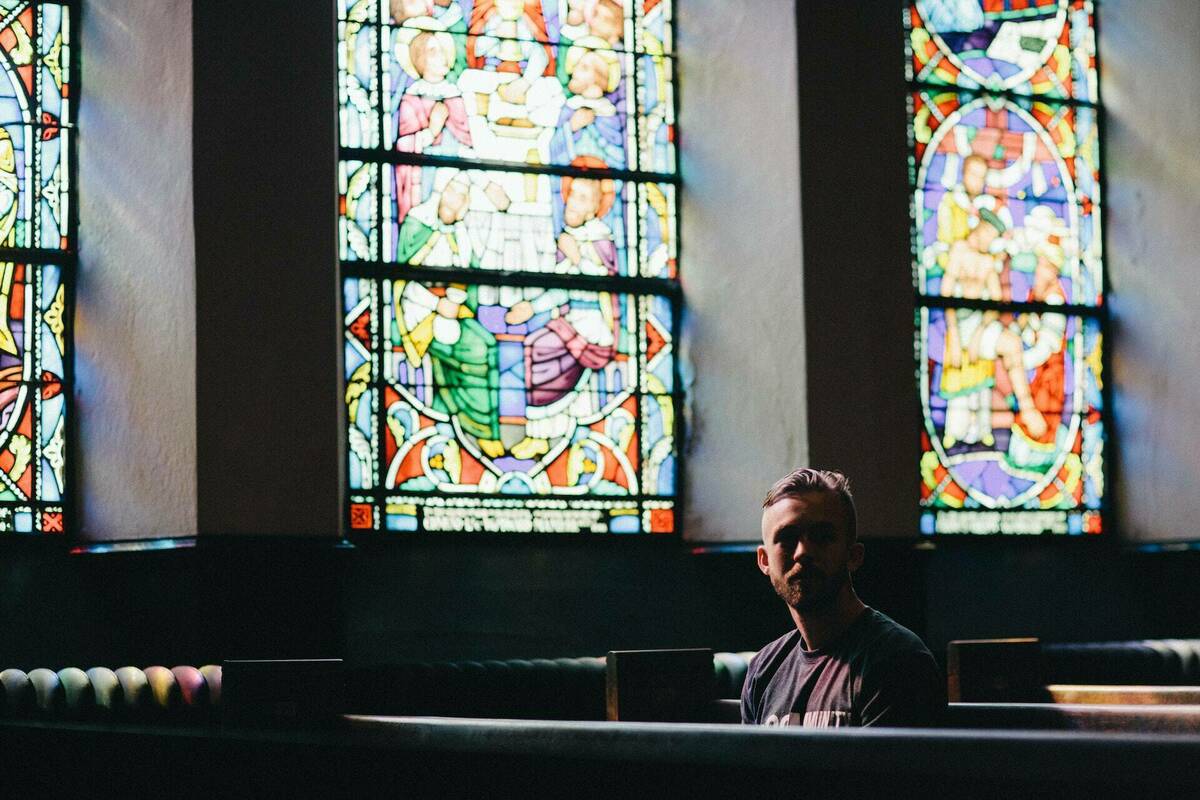- Feb 5, 2002
- 166,339
- 56,051
- Country
- United States
- Faith
- Catholic
- Marital Status
- Married
- Politics
- US-Others
... witness to the Catholic faith
By now it is well known that the Catholic Church in America—and organized religion more generally—must contend with the sudden growth of people who identify with “no religion.” Nearly 30% of Americans now check the box for “no religion,”[1] including 40 percent of millennials.[2] The Catholic Church has been hit especially hard: for each person who joins the Catholic Church, nearly seven leave.[3] Many who become religious “Nones” claim they no longer affiliate with organized religion because of its closemindedness, corruption, or an apparent incompatibility between science and religion.[4]
To some, these developments present a clear challenge with an obvious solution: do a better job catechizing young people by presenting them with arguments that prevent them from believing misconceptions about the Church. One of the most prominent promoters of this perspective is Bishop Robert Barron, who laments that “the reasons [Nones] offer for abandoning Christianity are just so uncompelling.” He continues, “I do blame teachers, catechists, evangelists, and academics within the Christian churches for not doing enough to keep our young people engaged. These studies consistently demonstrate that unless we believers seriously pick up our game intellectually, we’re going to keep losing our kids.”[5]
On the surface, this diagnosis is appealing because it identifies a clear problem whose solution fits within the existing ministry framework at most parishes and dioceses. If only catechists offered more intentional and compelling arguments for the faith, then fewer young people would drift away from the Church. While it is certainly true that better catechesis would provide a sturdier intellectual foundation for a life of faith—preventing some from leaving the Church—the idea that the growth of religious Nones can be attributed primarily to a low awareness of Catholic doctrine represents a misunderstanding of formation, deconversion processes, and human behavior more generally. Targeting common theological misconceptions may be helpful in some cases, but ultimately it only addresses the surface-level effects of the “rise of the Nones” rather than its underlying causes.
Continued below.

 churchlifejournal.nd.edu
churchlifejournal.nd.edu
By now it is well known that the Catholic Church in America—and organized religion more generally—must contend with the sudden growth of people who identify with “no religion.” Nearly 30% of Americans now check the box for “no religion,”[1] including 40 percent of millennials.[2] The Catholic Church has been hit especially hard: for each person who joins the Catholic Church, nearly seven leave.[3] Many who become religious “Nones” claim they no longer affiliate with organized religion because of its closemindedness, corruption, or an apparent incompatibility between science and religion.[4]
To some, these developments present a clear challenge with an obvious solution: do a better job catechizing young people by presenting them with arguments that prevent them from believing misconceptions about the Church. One of the most prominent promoters of this perspective is Bishop Robert Barron, who laments that “the reasons [Nones] offer for abandoning Christianity are just so uncompelling.” He continues, “I do blame teachers, catechists, evangelists, and academics within the Christian churches for not doing enough to keep our young people engaged. These studies consistently demonstrate that unless we believers seriously pick up our game intellectually, we’re going to keep losing our kids.”[5]
On the surface, this diagnosis is appealing because it identifies a clear problem whose solution fits within the existing ministry framework at most parishes and dioceses. If only catechists offered more intentional and compelling arguments for the faith, then fewer young people would drift away from the Church. While it is certainly true that better catechesis would provide a sturdier intellectual foundation for a life of faith—preventing some from leaving the Church—the idea that the growth of religious Nones can be attributed primarily to a low awareness of Catholic doctrine represents a misunderstanding of formation, deconversion processes, and human behavior more generally. Targeting common theological misconceptions may be helpful in some cases, but ultimately it only addresses the surface-level effects of the “rise of the Nones” rather than its underlying causes.
Continued below.

Misunderstanding the Rise of the Nones
Phil Davignon on doing the wrong thing righter.
